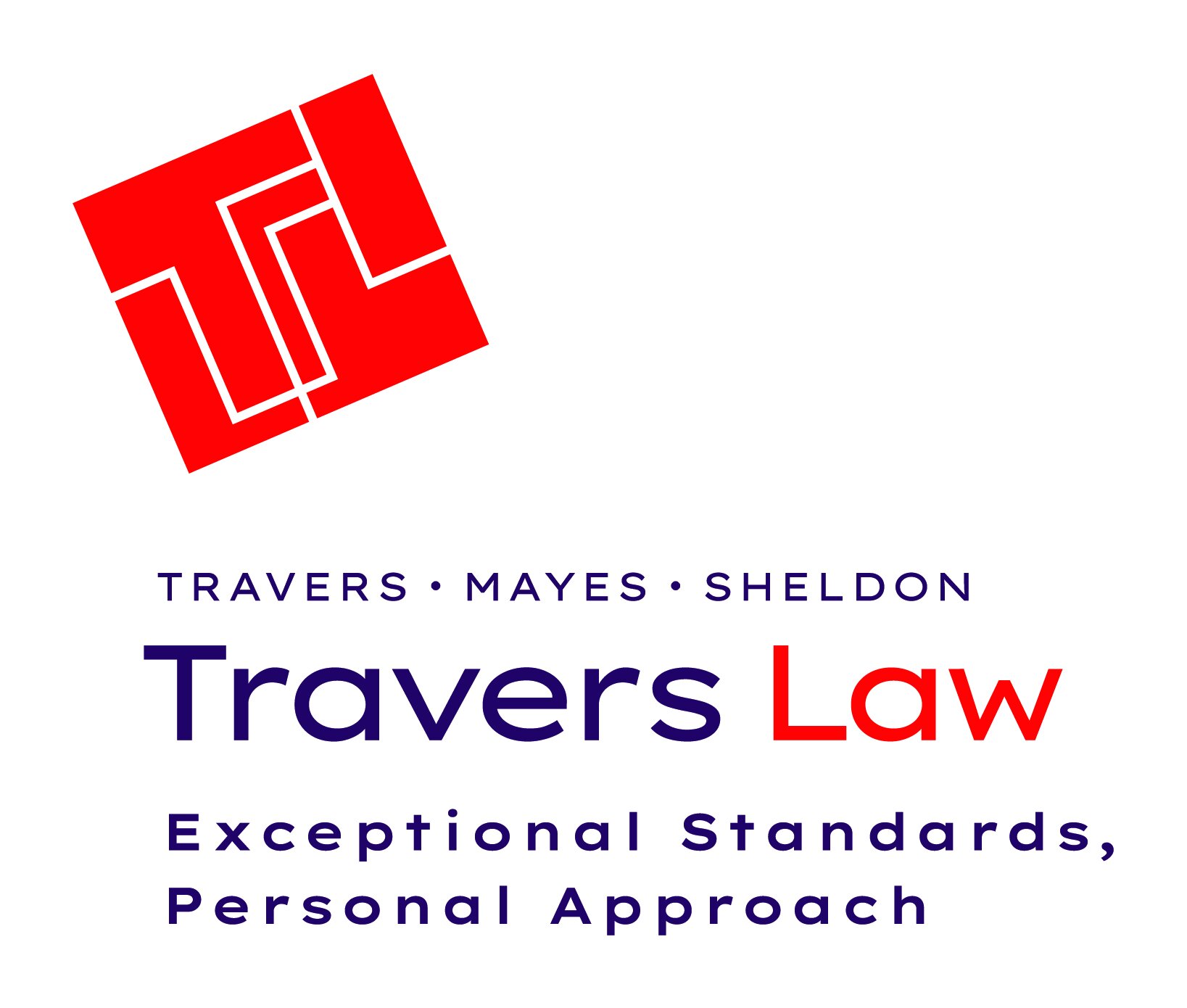FAMILY ISSUES IN REAL ESTATE (PART 2)
In a recent seminar hosted for the Kitchener Waterloo Real Estate Board, in collaboration with renowned Certified Specialist Barry Paquette, we delved into the complex realm of family law as it intersects with real estate matters. Among the many misunderstood facets within this domain, the definition and implications of a "Common Law relationship" take center stage. In this blog post, we shed light on the intricacies surrounding common law relationships in real estate, providing essential insights for both professionals and individuals navigating this territory.
Understanding Common Law Relationships: Defying Misconceptions
A significant source of confusion in family law and real estate lies in the definition of a Common Law relationship. Legally speaking, a Common Law Relationship is characterized by two individuals cohabitating for a minimum of three (3) years or sharing a relationship of some permanence while having a child together. However, it's crucial to dispel the misconception that simply labeling oneself as "common law" holds legal weight. Genuine adherence to these criteria is pivotal for a relationship to be legally recognized as such.
Unveiling the Nuances: Property Interests within Common Law Relationships
One key revelation that emerges from the intersection of family law and real estate is that meeting the legal definition of a common law relationship does not automatically confer property interests upon the involved parties. Even if a relationship qualifies as common law, this legal status does not entitle either party to a share in the other's property. While a common law relationship can impose support obligations between partners, the acquisition of any interest in real property hinges on marriage rather than common law status.
Agent's Perspective: Property Transactions and Common Law Relationships
From a real estate agent's standpoint, understanding the implications of common law relationships is paramount. In common law scenarios, the consent of a partner is not requisite for listing or selling a property. This rule extends even to cases involving the couple’s personal home, where the consent of a common law partner is not mandated for property transactions. The exception arises when both parties are listed as titleholders, warranting the signatures of both for any property-related action.
Knowledge Empowers: Your Queries Addressed
Should you have any inquiries or uncertainties pertaining to the intricate interplay between family law and real estate, we invite you to reach out to us. Our team, armed with expertise from the recent seminar, is committed to providing you with accurate information and guidance. We value your feedback and are eager to engage in meaningful conversations about the legal nuances that can impact your real estate journey.
Equipped with Knowledge, Confident in Decision-Making
In the dynamic landscape of real estate, knowledge emerges as a powerful tool. Our recent seminar with the Kitchener Waterloo Real Estate Board, alongside the expertise of Certified Specialist Barry Paquette, has unveiled the complexities of family law issues within this domain. The elusive nature of common law relationships and property interests has been demystified, empowering both professionals and individuals alike. As you navigate the realms of real estate, remember that understanding the legal foundations is instrumental in making informed decisions.




